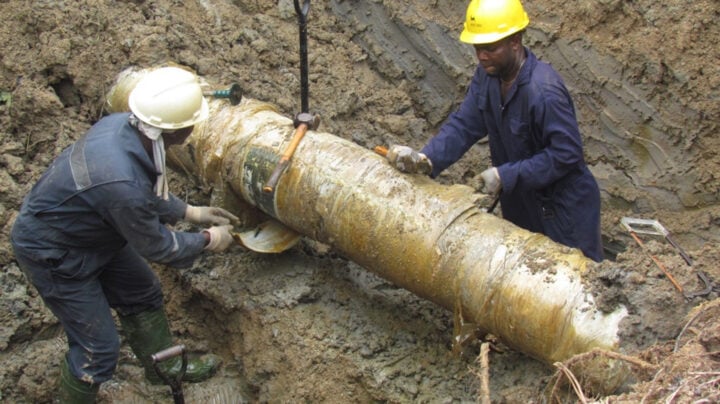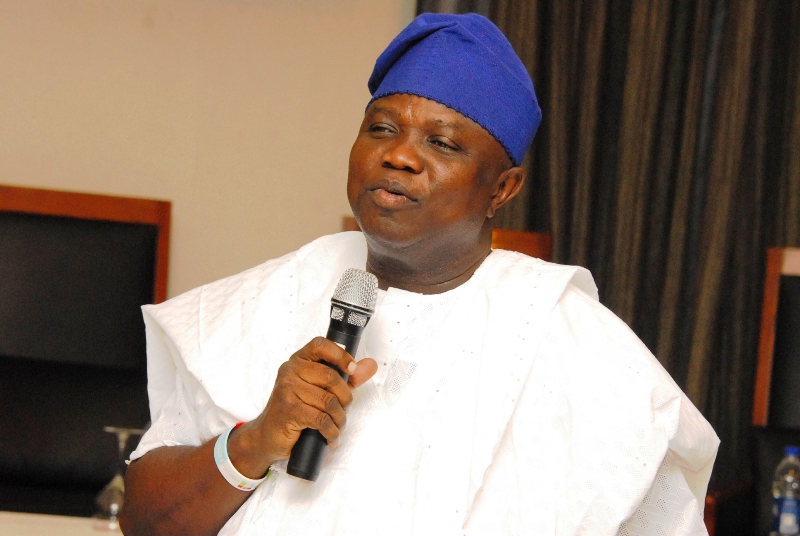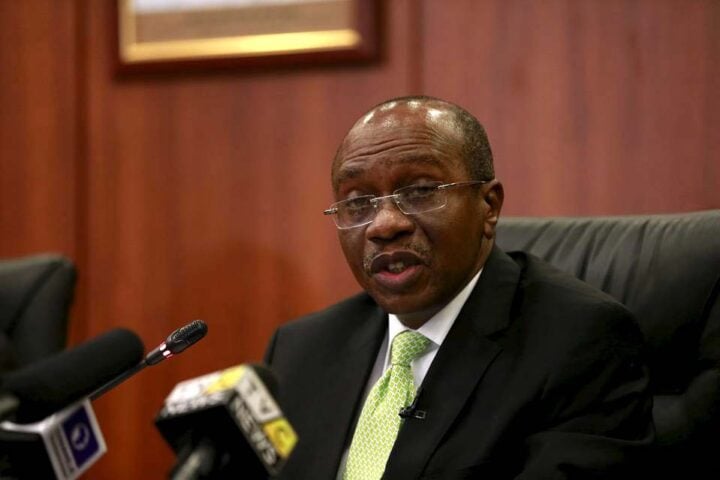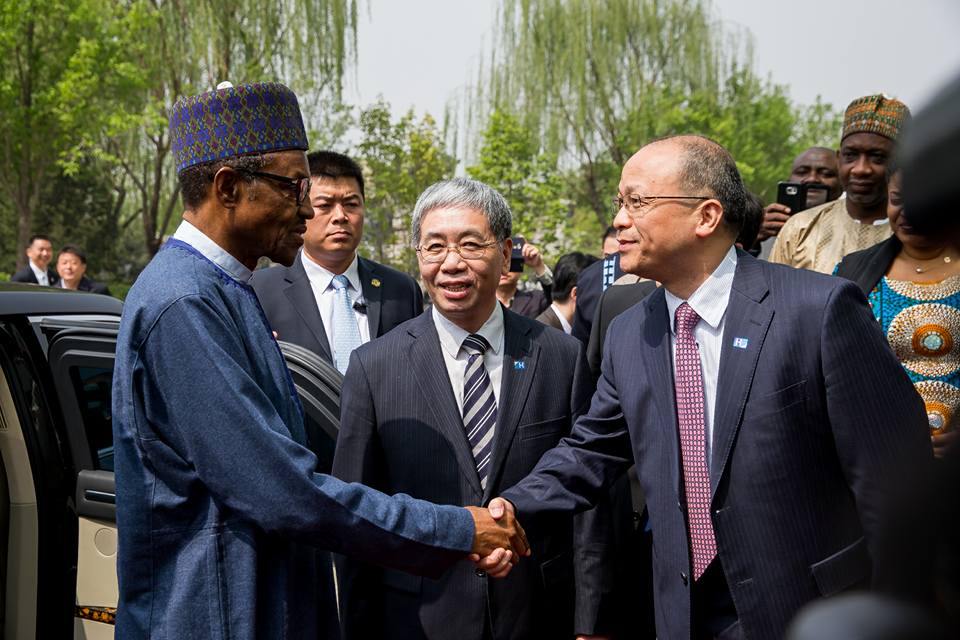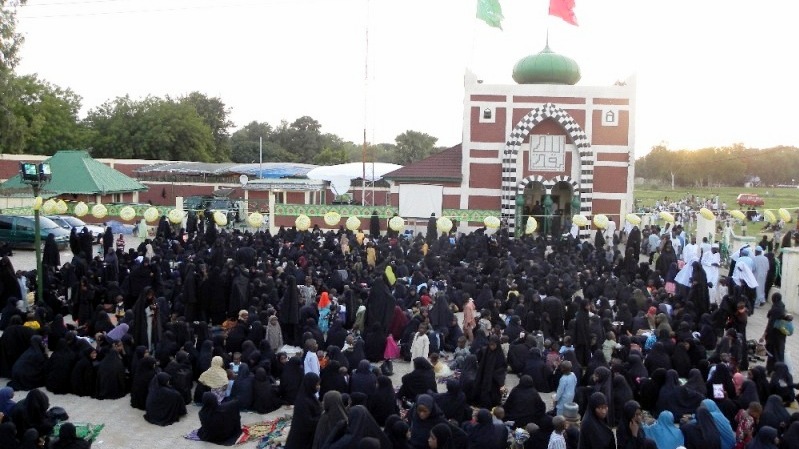Let me begin with a declaration that the title of this piece is a creation of the digital world. And because of its emphasis on standards and excellence from wired enterprises in their bid to drive popularity and commercial potentiality, the expression has been widely adopted by many and suggested for diverse human undertakings.
It was therefore quite interesting that this imperative prescription came to light during a high-level discussion on a very crucial area of Nigeria’s economy.
At the just concluded Nigerian Content Stakeholder’s Interactive Workshop held in Calabar, Cross River State, the long debate about how well the Nigerian Oil and Gas Industry Content (NOGIC) Act 2010 is faring revealed some realities, mostly harsh, on the advancement of the legislation.
Solidly enabled by the Senate Committee on Petroleum Resources (Upstream) headed by Senator Tayo Alasoadura and professionally delivered by the New Planet Projects led by Mr. Olubunmi Tunji-Ojo, the workshop, aimed at drawing broader perspectives on the rationale, challenges and the way forward for Nigeria on the NOGIC Act, popularly known as the Nigerian Content/Local Content, successfully stirred serious policy conversations not just on the act, which is solely tied to the oil industry, but on other sectors and the impact of its success or otherwise on several areas of the economy.
Advertisement
A little background here. On April 22, 2010, Jonathan’s government signed the local content bill into law with the primary objectives of enhancing indigenous participation in the activities of the oil and gas industry, development of the capacities of Nigerians for activities connected to the industry and encouragement of local supply chain and manufacturing of “Made-in-Nigeria” tools and materials for use in the oil industry.
The law also brought into existence the Nigerian Content Development and Monitoring Board (NCDMB) as the regulator that will keep a close watch on compliance with the provisions of the law by International Oil Companies (IOCs) as well as local entrepreneurs or indigenous players, and help in the development of the capacities of Nigerians through valuable interventions and support.
Instructively, before the enactment of the law, there had been long discussions on the introduction of the act as a legal framework in “forcing” active participation of Nigerians in the oil industry and protecting business engagements between Nigerian companies and the IOCs.
Advertisement
Actually, between 2002 and 2007, under Presidents Obasanjo and Yar’adua, what was seen as local content practice was based on sheer moral necessity and policy directive by the respective governments.
While under Obasanjo’s administration it was just a case of the government appealing to the conscience of the IOCs to consider Nigerians on jobs instead of taking the opportunities out to foreign companies, it was a policy instruction during Yar’adua’s term but both efforts were without any force of law until 2010.
Meanwhile, some Nigerians have been commended for their determination and demonstration of rare competence in their excellent delivery on highly technical sub-sea jobs, procurement of cutting-edge marine vessels and fabrication amongst other services to the upstream sub-sector of the oil and gas industry, especially since the establishment of the law.
Similarly, the IOCs, particularly Chevron and Shell, who are operating in Nigeria have received accolades for trusting the capacities of local players through the multi-million dollar contracts that have been awarded and delivered to the satisfaction of the oil giants by the indigenous contractors. These foreign companies have also gotten kudos for adhering, so far, to the empowering legislation.
Advertisement
And on the side of the government, especially when substantiating the strides of the content policy, companies like the Marine Platforms, headed by a visionary Nigerian, Mr. Taofik Adegbite who is supported by two other wonderful Nigerian business partners Mr. Biodun Odusi and Mr. Baji Nyam, is used to highlight the milestones of the government’s action.
No doubt, Marine Platforms has become a huge success story born out of the local content policy and the poster child of the possibilities the act engenders in Nigeria. And this much is attested to by the company’s recent procurement of a coveted sub-sea contract, the Chevron’s Agbami Phase 3 Project.
But one of the critical posers the workshop helped to raise is how many wholly-Nigerian and indigenous oil and gas companies can be counted to have emerged so triumphantly on the back of the local content act like the Marine Platforms did?
The accurate answer to this is sadly lost, like most aspects of Nigeria’s development, in the dangerous realm of lack of useful statistics; and left in the unhelpful but convenient sphere of perspectives.
Advertisement
Of course, while it is quite comfortable for the IOCs to wax lyrical on their contributions to the improvement of the local content act through their offer of massive contracts to Nigerian companies, unlike the previous practice before the introduction of the NOGIC act, the government is usually swift to blame the multi-national corporations of doing little or nothing to drive the implementation of the law to its full potential.
Consequently, there should be empirical details to validate these claims which will help in addressing many of the grey areas in the advancement of the development policy and also in presenting a well-articulated position on its full implementation and Nigerian participation since the adopted of the law.
Advertisement
The legislative arm of government, particularly, needs to also know that it is not just enough to have the content, especially vis a vis the context of the Nigerian Content and the aspiration of the law. Commitment must also be extracted from Nigerian companies in terms of the value, required capacity and demonstration of industry global best practices on contracts.
And at the same time, probity and transparency should constantly be demanded from the IOCs in their transactions and offers of local content-inspired contracts and renewals with the Nigerian companies to avoid preventable legal tussles like the case of the Nigerian Arco group and the Nigerian subsidiary of the Italian oil company, Agip.
Advertisement
Meanwhile, it is important to note that there are lots of kings in the business world and even in real life without any authority, and value. Yes content is king, but value sustains the kingdom.
Hopefully, this will improve proper advocacy on the “Made-in-Nigeria” and “Buy Nigeria” campaign that has been making the rounds lately sounding, really, like a call for mere emotional patronage.
Advertisement
Rather, efforts and focus should be on what drives people to a particular product and brand. Basically, consumers want value for their money and worthy return on their investments. Therefore if Nigeria is truly determined to stimulate other aspects of the economy through its economic diversification drive, emphasis should also be laid on premium quality and value as this would be the only reason consumers will willingly bid goodbye to a body oil sold by the famous foreign brand, Body Shop, for a locally made coconut oil.
And also, as the chairman of the Petroleum Technology Association of Nigeria (PETAN), Mr. Bank Anthony Okoroafor, inferred in his goodwill message at the workshop, the government’s effort at reinvigorating the economy should not suggest total neglect of the oil and gas sector.
Rather, and similar to my sentiment, the government should approach with the same vigour as its diversification ambition the possibilities of growing its hydrocarbon reserves, processing and exporting its numerous processed valuable derivatives towards increasing the needed foreign exchange earnings which will come handy in providing necessary capital for the growth of the non-oil sectors.
Views expressed by contributors are strictly personal and not of TheCable.
Add a comment

